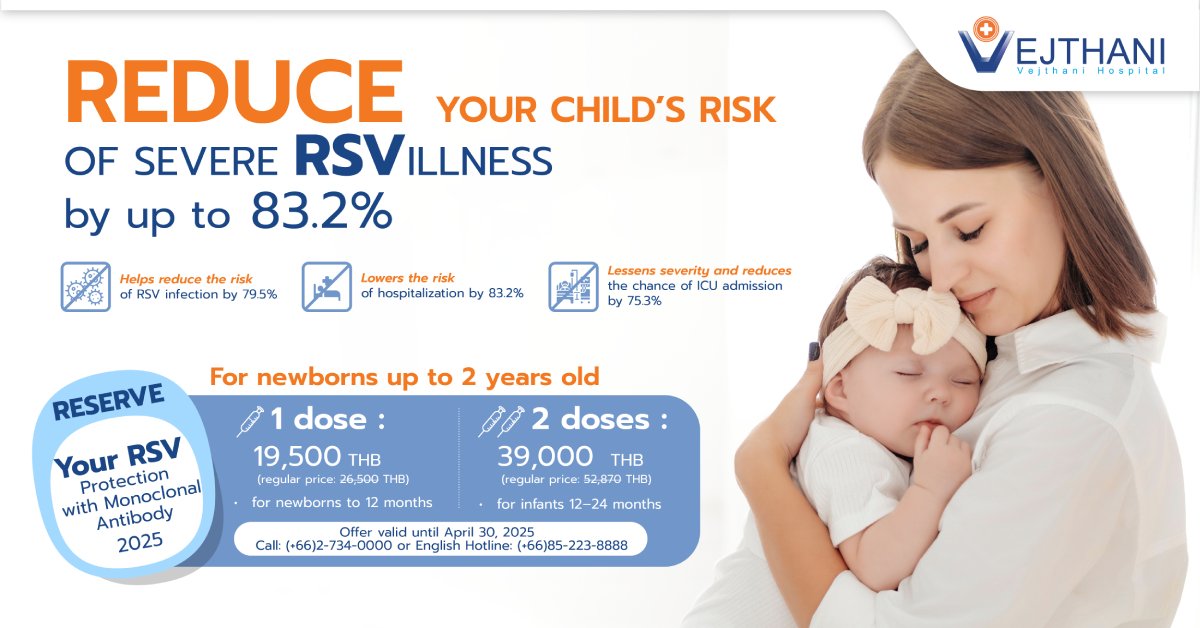
Intrauterine Insemination (IUI)
Overview
Intrauterine insemination (IUI) is a type of assisted reproductive technology that involves the direct introduction of sperm into the uterus as part of a fertility treatment process.
In a natural conception, sperm faces the challenging journey of traversing the vaginal canal, cervix, and uterus to reach the fallopian tubes. Approximately 5% of the sperm successfully navigate the journey from the vagina to the uterus. After the ovary releases an egg, it embarks on a path toward the fallopian tube, where the sperm and egg meets, leading to fertilization.
During an IUI procedure, the sperm goes through a collection, washing, and concentration process to select and retain only high-quality sperm. These carefully chosen sperm are then placed directly into the uterus using a thin tube called a catheter. This positioning brings the sperm closer to the fallopian tubes. IUI simplifies the process of sperm reaching an egg by reducing the time and distance the sperm need to travel. This optimized approach significantly increases the likelihood of successful fertilization, thereby enhancing the chances of achieving pregnancy.
Doctors often recommend IUI as an initial step before considering more invasive and costly fertility treatments. IUI procedures can involve using either the partner’s sperm or donor sperm. To improve the chances of ovulation, individuals undergoing IUI may be prescribed fertility medications to ensure the timely release of eggs during this critical phase.
IUI Process
The entire duration of the Intrauterine Insemination (IUI) procedure spans approximately four weeks, equivalent to the typical length of a standard menstrual cycle.
Prior to initiating the IUI process, a comprehensive examination, which may encompass blood work, semen analysis, ultrasound, and other diagnostics, will be conducted for both you and your partner. Some individuals may be prescribed oral fertility medication for a duration of five days, while others may receive injectable medication for up to two weeks. These medications aim to enhance the likelihood of ovulation and the release of multiple eggs. It’s important to note that not everyone undergoing IUI will necessitate these medications.
The insemination procedure is brief, typically requiring only a few minutes for the insertion of sperm. Following the process, your doctor may advise you to lie down for approximately 15 minutes.
A pregnancy test can be taken two weeks after the insemination.
Success rates in IUI vary based on the specific cause of infertility. IUI is most effective for individuals with unexplained infertility, as well as those experiencing challenges related to cervical mucus or ejaculation. However, conditions such as fallopian tube disorders, endometriosis, or severe sperm impairment pose challenges for IUI success. In such cases, alternative treatments like In Vitro Fertilization (IVF) may offer better outcomes.
Reasons for undergoing the procedure
Individuals opt for IUI for various reasons, including infertility challenges. Additionally, it serves as a reproductive choice for same-sex female couples or single women desiring to conceive without a partner, utilizing sperm from a donor.
IUI may be recommended under the following conditions:
- Decreased sperm count or other sperm abnormalities. As part of infertility evaluation, semen analysis may reveal issues such as small, weak, slow-moving, or abnormally shaped sperm, or a low sperm quantity in your partner. IUI addresses these concerns by selecting and utilizing only high-quality sperm during the treatment.
- Problems with cervical mucus or other cervix-related issues. The cervix acts as a barrier between the vagina and uterus, and the mucus it produces aids the journey of sperm from the vagina, through the uterus, to the fallopian tubes. If the mucus is too thick, it can impede sperm motility. In the case of IUI, the procedure allows sperm to bypass the cervix, traveling directly to the uterus.
- Unexplained infertility. This is when doctors are unable to identify the cause of infertility.
- You are utilizing donor sperm. IUI comes into play when individuals opt for sperm from someone other than the birth parent’s partner, a process known as Donor Insemination (DI). DI is employed when one partner lacks sperm or when the sperm quality is insufficient for use. Single women or same-sex female couples aiming to conceive can also make use of donor sperm.
- Problems with ejaculation or erectile function. IUI is a viable option when one partner encounters challenges in achieving or maintaining an erection, or faces difficulties in the process of ejaculation.
- Semen allergy. In uncommon instances, individuals may experience an allergic reaction to their partner’s semen, resulting in symptoms such as burning, swelling, and redness in the vagina. IUI can prove effective in such cases as the proteins responsible for the allergy are eliminated during the sperm washing process.
Risks
IUI poses lower risks in comparison to more invasive fertility treatments such as IVF. Some of the potential risks associated with IUI include:
- Multiple births: If fertility medication is taken, there’s a possibility of releasing more than one egg, elevating the likelihood of conceiving twins, triplets, or more. A multiple pregnancy comes with an increased risk of premature labor and low birth weight.
- Infection: This is not common.
- Spotting: The process may result in a slight amount of vaginal bleeding.
- Ovarian Hyperstimulation Syndrome (OHSS): An uncommon side effect associated with excessive use of fertility medication which leads to painful and swollen ovaries.
Some people may experience mild side effects as a result of fertility medications. Common post-insemination side effects include experiencing cramps and spotting.
Participating in Intrauterine Insemination (IUI) can be emotionally and physically taxing. Couples or individuals dealing with infertility issues and undergoing assisted reproductive technologies often grapple with feelings of depression. If you encounter disappointment or feel overwhelmed, it is essential to have open communication with your healthcare provider so that they can provide you with the necessary support and guidance throughout the entire process.
Before the procedure
Prior to commencing IUI treatment, you will undergo a comprehensive medical examination and fertility tests. Your partner will also undergo examination and testing, which may encompass:
- Blood tests.
- Uterine assessment and ultrasound.
- A semen analysis.
- Testing for Sexually Transmitted Infections (STIs) and other infectious diseases.
Your doctor might suggest initiating folic acid supplementation at least three months prior to conception or the start of IUI treatment.
During the procedure
Each treatment plan and healthcare provider may have a slightly varied procedure. However, IUI treatment generally encompasses the following:
Ovulation
Your doctor will require precise information about your ovulation timing, as it is crucial to ensure the accurate injection of sperm. Determining ovulation timing can be achieved through the use of an at-home ovulation prediction kit that detects Luteinizing Hormone (LH), or through LH detection in blood tests conducted by your doctor. Transvaginal ultrasound may also be employed to observe signs of mature eggs. In some cases, an injection of Human Chorionic Gonadotropin (HCG) or other fertility medications may be administered to induce ovulation of one or more eggs. Ovulation typically occurs approximately 10 to 16 days after the onset of your menstrual period.
The insemination process, involving the insertion of sperm into your uterus, typically takes place within 24 to 36 hours after the detection of LH (either in your blood or urine) or following the hCG injection.
Semen sample preparation
Your partner submits a fresh sperm sample on the day of the IUI procedure. Alternatively, in certain situations, the sample can be provided earlier and frozen by your doctor until it is needed. When using sperm from a donor, the sample is thawed and prepared accordingly.
The preparation of sperm for insemination involves a procedure known as “sperm washing,” which extracts a concentrated amount of healthy sperm. If donor sperm is utilized, the sperm bank typically sends sperm that has already undergone the washing process.
Insemination
The insemination procedure is typically simple and brief, lasting only a few minutes. During the process, you will recline on the examination table, and your doctor will insert a speculum into your vagina, similar to what’s done during a Pap test. Following that, a catheter is gently introduced through your cervix and into your uterus. Finally, your doctor will inject the prepped sperm sample into your uterus.
After the insemination, you might be advised to lie down for a period of 10 to 30 minutes. The occurrence of pregnancy depends on the successful fertilization of an egg by the sperm and the subsequent implantation of the fertilized egg into the lining of your uterus.
In some cases, your doctor may prescribe progesterone after IUI to support the maintenance of your uterine lining and enhance the chances of implantation.
About two weeks following the IUI procedure, you can take a pregnancy test to determine if it was successful.
For a comprehensive understanding of the IUI process and what to expect, it is recommended that you consult with your healthcare provider.
Medications used
IUI is frequently paired with fertility medications aimed to stimulate the ovaries to produce and release a maximum number of eggs. Nevertheless, the use of such medications is not always necessary. Some typical medications include:
- hCG (human Chorionic Gonadotropin).
- FSH (follicle-stimulating hormone)
- Clomiphene citrate
- Letrozole
- Prenatal vitamins are advised for all pregnancies.
Your doctor will decide whether fertility drugs will be included in your IUI treatment.
After the procedure
Following IUI, it’s possible to experience mild symptoms such as spotting for one to two days and minor cramping.
Most people can return to their regular activities right after the IUI procedure. While it’s important to avoid anything that causes discomfort, there are usually no specific restrictions. You can take a pregnancy test around two weeks after the IUI to determine the outcome.
Outcome
IUI can be highly effective, especially when fertility medications are used. When fertility drugs are employed in conjunction with IUI, the pregnancy success rate can be as high as 20%. The likelihood of success in IUI depends largely on the underlying cause of infertility and the age of the person trying to conceive. It’s noteworthy that the pregnancy rate with IUI is comparable to that of natural conception, which is around 20%, indicating that IUI improves the chances to a more typical success rate.
Confirmation of pregnancy typically occurs approximately two weeks after IUI when human chorionic gonadotropin (hCG) becomes detectable in either blood or urine. Your healthcare provider will provide guidance on whether you should return for a blood test or if you can use an at-home urine test to determine pregnancy.
Contact Information
service@vejthani.com






















